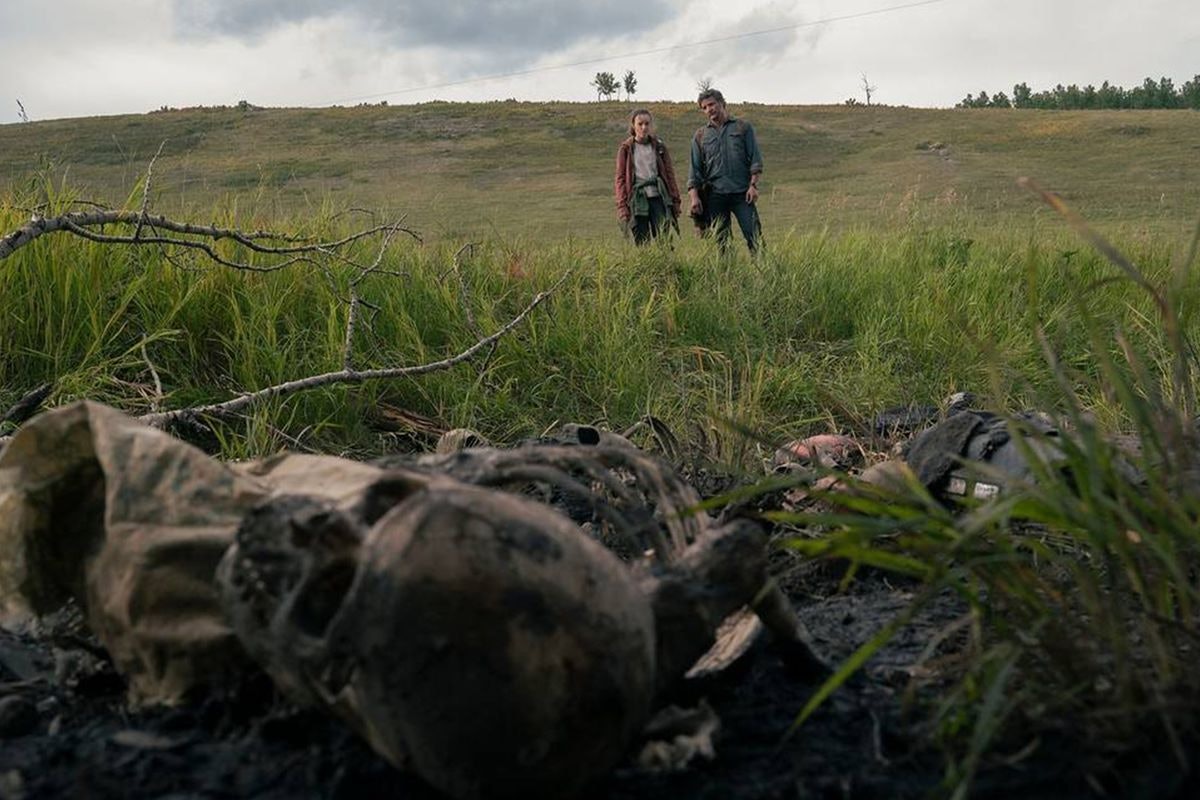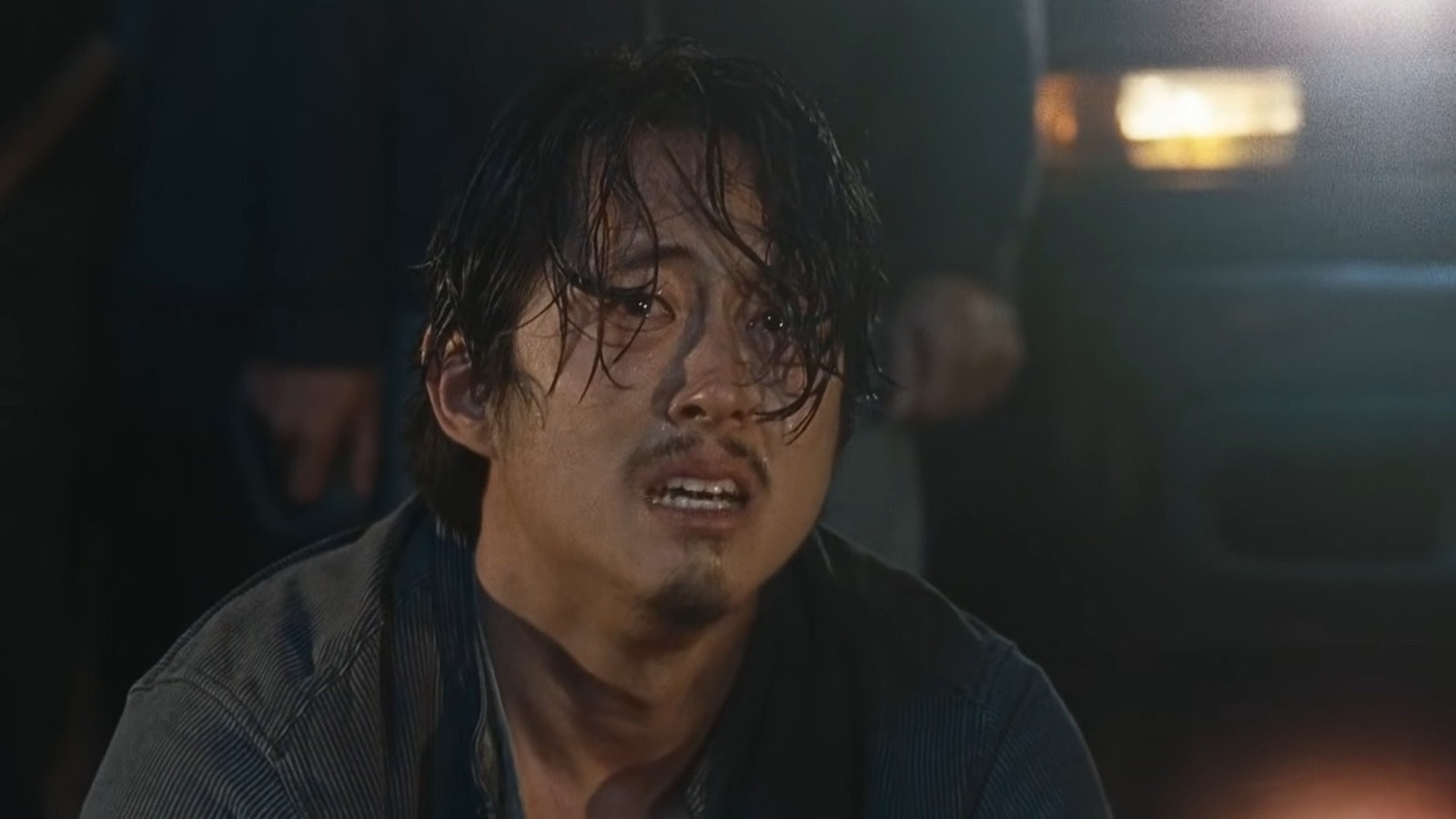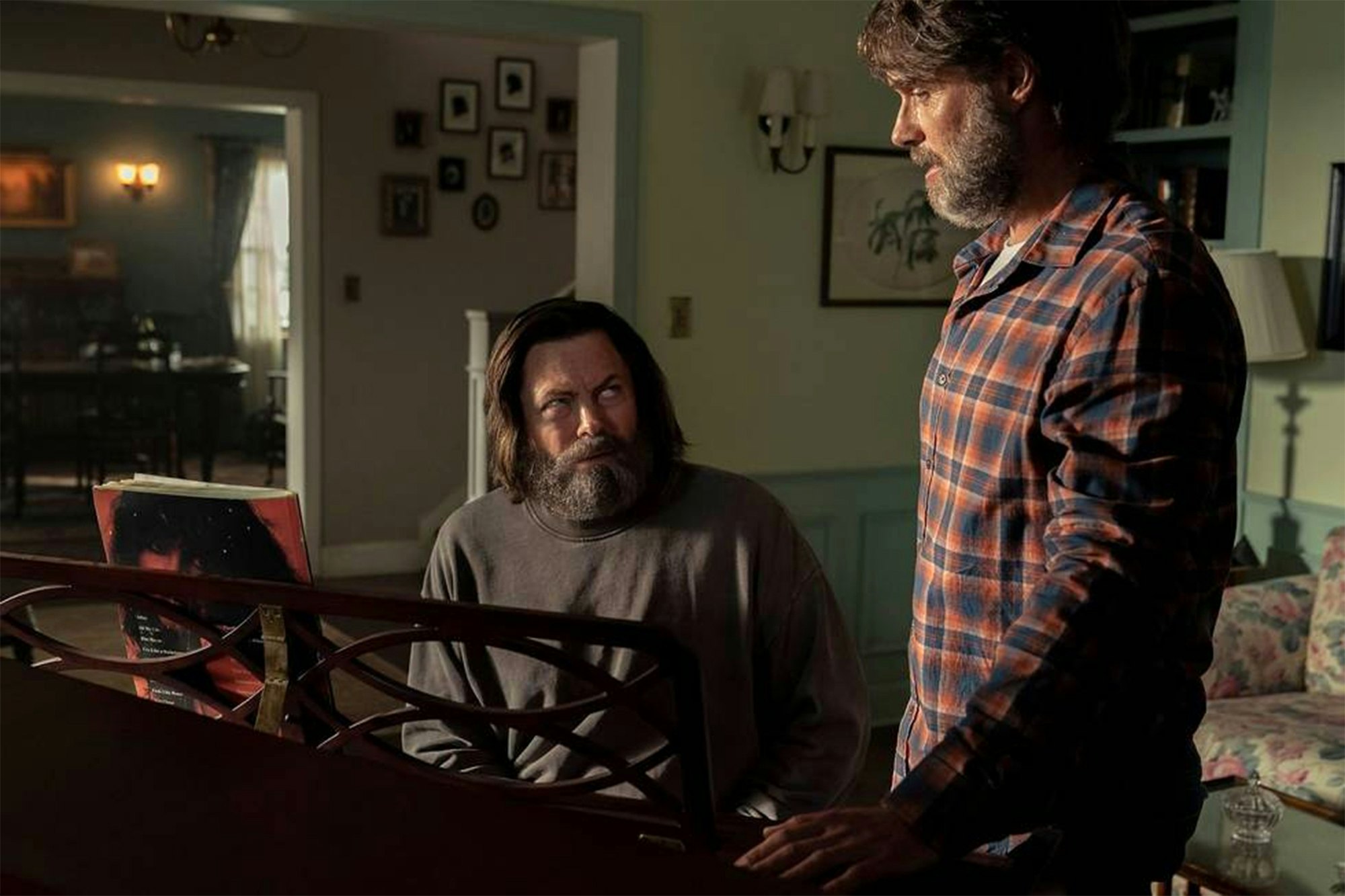
The zombie apocalypse is an inherently cynical genre. The world has ended and most of humanity has been reduced to shambling husks, hungry for the flesh of the survivors. How could any hope exist in a world like that?
It’s a bleak prospect that makes for even bleaker storytelling, which may be why zombie stories are often best left to the big screen. In the safety of a two-hour movie, audiences can grapple with the horrors of a post-apocalyptic world that transforms humans into their worst selves before returning to their normal lives. Zombie movies act as cautionary tales — a reflection of our contemporary sociopolitical fears (the Cold War! Capitalism! Biological warfare! Viruses! The Earth reclaims itself and consumes us all!) — and a vehicle for one of the most tired horror tropes: humans are the real monsters, actually.
Spoilers ahead for The Last of Us Episode 3 and The Walking Dead.
It’s a message that we see time and again in every zombie movie this side of Night of the Living Dead, and it’s a message that AMC’s The Walking Dead hammered in with the violence and intensity of Negan bashing Glenn’s head in with a barbed baseball bat. God, aren’t humans awful! Aren’t our heroes, who have no time for soft emotions like hope or yucky concepts like morality, so badass and special!
People say The Walking Dead died with Glenn, but the show was on its deathbed since Season 2, when the long-forgotten Dale Horvath, the show’s last semblance of a moral compass, died. From then on, there was less and less distinction between our heroes and the bad guys they were so quick to kill. Eventually, it felt like the protagonists of The Walking Dead were becoming as monstrous as the monsters they fought. Sweet character moments were squashed in favor of brooding vengeance, kindness gave way to nonstop brutality. There was no time for tenderness.

The Last of Us makes time for it. In the exquisitely heartbreaking third episode of HBO’s adaptation, the show slows down, takes a breath, and takes us back through time to tell the all-too-brief love story of Bill (Nick Offerman) and Frank (Murray Bartlett). Bill, a survivalist who’d prepped for the end of the world, hated everyone and was happy they were gone… until he met Frank. Frank, who fell into one of Bill’s traps for the Infected, immediately spotted a tender soul beneath the gruff exterior. They fell in love, planted strawberries, and made friends with Joel (Pedro Pascal) and Tess (Anna Torv). They took care of each other, and when they reached their limit, they died in each others’ arms.
The time we spend with them over the course of Episode 3 feels like an oasis in the darkness that is the rest of the series, which was never a story to shy away from cynicism. But in giving us this little pocket of humanity in its loveliest form, The Last of Us sets itself apart from all the other tired zombie stories that maintain that humans are the real monsters. Sure, many people can be terrible, even evil. But at least there existed two people who loved each other.

A sweet, queer love story nestled in the middle of a bleak, post-apocalyptic series could feel like a maudlin, corny deviation from The Last of Us’ essential cynicism. But in reality, it’s the perfect embodiment of the story’s core ethos, the idea that we all need something worth living for. It’s what helps push Joel through his grief for Tess and open himself up to a potential new relationship with Ellie (Bella Ramsey), and it’s the ray of light that can keep The Last of Us from descending into an endless parade of misery like The Walking Dead.
There’s a term for this concept in Japanese: ikigai, which means your “life purpose or your bliss.” What The Last of Us Episode 3 so gracefully communicates is that in a world filled with death and tragedy and brainless monsters, the reason to go on living is to have someone to protect. The Walking Dead used to get that, but forgot it as it became an exercise in masochism. The Last of Us understands it deeply. “I used to hate the world and was happy when everyone died. But I was wrong. Because there was one person worth saving,” Bill writes to Joel in a letter he left behind.
If we don’t have that reason, we might as well be zombies.
The Last of Us Episode 3 is now streaming on HBO Max.







